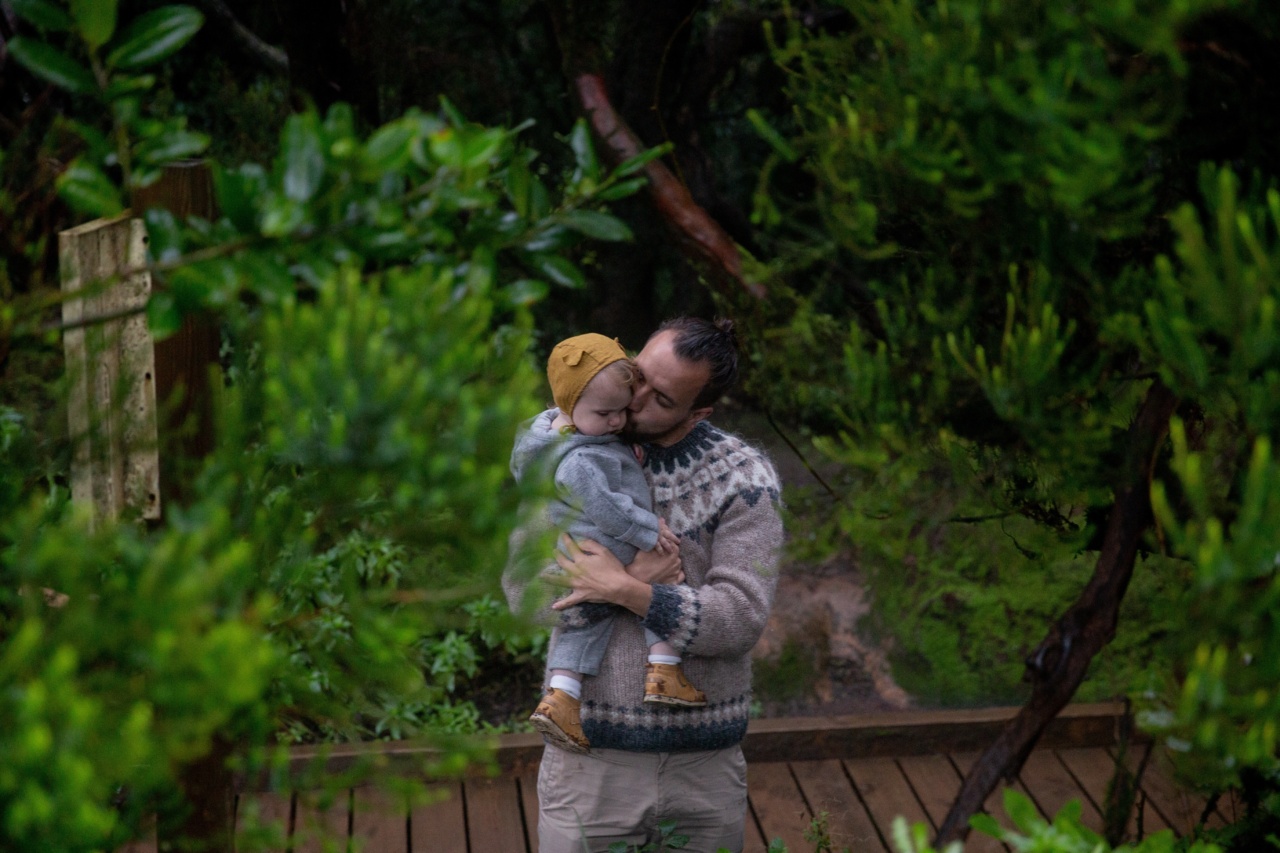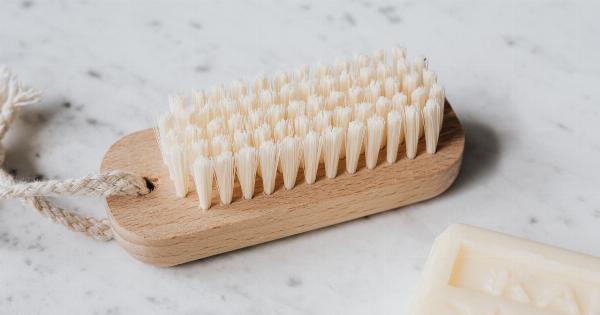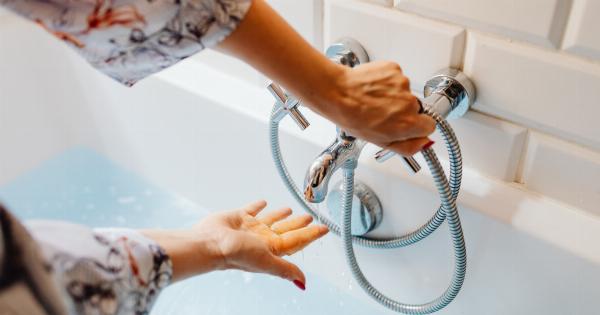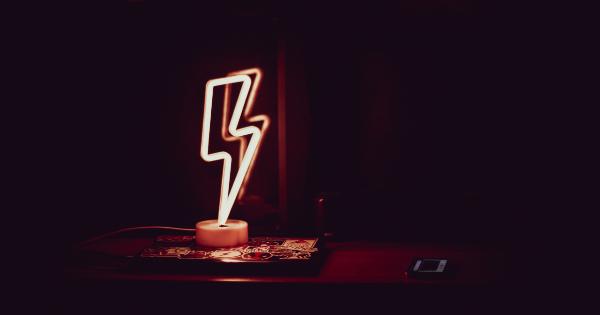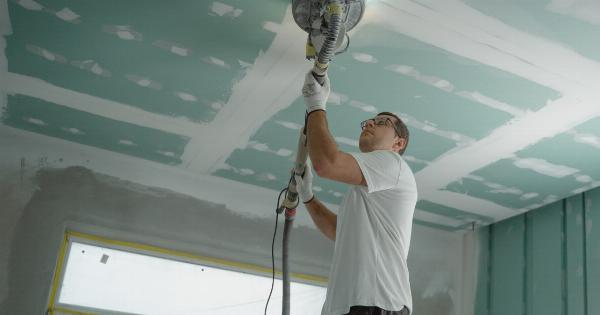Allergies can be a concern for parents, especially when it comes to their little ones. As a parent, you want to ensure your baby’s health and protect them from any potential allergies or allergic reactions.
While it might not be possible to completely prevent all allergies, there are certain best practices you can follow to significantly reduce the risk and keep your baby safe. From understanding the allergy triggers to adopting healthy habits, here are some effective strategies to protect your baby from allergies.
Breastfeeding: The First Line of Defense
One of the best ways to protect your baby from allergies right from the start is through breastfeeding. Breast milk contains antibodies that help strengthen your baby’s immune system and reduce the risk of allergies.
It is recommended to exclusively breastfeed your baby for the first six months, as this provides them with the optimal nutrition and protection against potential allergens. If breastfeeding is not possible, consult with your pediatrician about choosing the right formula for your baby.
Introduce Solid Foods at the Right Time
When it comes to introducing solid foods to your baby, it’s crucial to do it at the right time. Most experts suggest introducing solids around six months of age.
This allows your baby’s digestive system to mature further, reducing the chance of developing allergies. It is recommended to start with single-ingredient foods and gradually introduce new foods to monitor any allergic reactions.
If you have a family history of allergies, consult with your pediatrician about the best approach to introducing allergenic foods.
Keep a Clean and Allergen-Free Environment
Creating a clean and allergen-free environment is essential in protecting your baby from allergies. Dust mites, pet dander, pollen, and mold are common allergens that can trigger allergic reactions in babies.
To minimize exposure to these allergens, regularly clean your baby’s living area, including their crib, bedding, and toys. Vacuum your home frequently using a vacuum cleaner with a HEPA filter to capture even the smallest allergen particles. It’s also important to keep your home well-ventilated and maintain a healthy humidity level to prevent mold growth.
Avoid Smoking and Secondhand Smoke
Exposure to tobacco smoke, whether through active smoking or secondhand smoke, increases the risk of allergic reactions and respiratory issues in babies. Therefore, it is crucial to create a smoke-free environment for your baby.
If you are a smoker, consider quitting for the health of your little one. Also, ensure that no one smokes near your baby or inside your home, as secondhand smoke can linger and pose a risk even without direct exposure.
Be Mindful of Pets and Allergens
If you have pets at home, it’s important to take extra precautions to minimize allergen exposure. While many children grow up with pets without any issues, some babies may be more susceptible to pet allergens.
Keep your pets out of your baby’s sleeping area and discourage them from licking or coming into close contact with your baby. Regularly groom your pets, including bathing and brushing, to reduce the amount of allergens they carry. Additionally, vacuum and clean your home frequently to remove pet dander that may have settled on furniture and carpets.
Monitor and Manage Potential Allergic Reactions
Despite your best efforts, your baby may still develop allergies. It’s essential to monitor your baby for any signs of allergic reactions and take appropriate action.
Common symptoms of allergies in infants include rashes, hives, difficulty breathing, wheezing, or gastrointestinal issues. If you notice any of these symptoms, consult with your pediatrician immediately. They will be able to diagnose the allergy and provide guidance on managing the symptoms and avoiding potential triggers.
Avoid Common Allergenic Foods
Some foods are more likely to trigger allergic reactions than others. It’s important to be aware of these common allergenic foods and avoid introducing them to your baby too early.
Common allergenic foods include cow’s milk, eggs, peanuts, tree nuts, soy, wheat, fish, and shellfish. Consult with your pediatrician about introducing these foods and be cautious when feeding them to your baby for the first time. It may be recommended to introduce these foods one at a time and observe your baby for any allergic reactions.
Practice Proper Hygiene
Maintaining proper hygiene is essential in preventing allergies and protecting your baby’s health. Wash your hands frequently, especially before handling any food or feeding your baby.
Avoid using strong perfumes, scented lotions, or detergents that can irritate your baby’s sensitive skin. Choose gentle, hypoallergenic products for your baby’s skincare and laundry. Regularly clean and disinfect surfaces that come into contact with your baby’s skin or mouth to eliminate potential allergens and germs.
Be Cautious with Medications and Vaccinations
When your baby requires medication or vaccinations, be cautious and alert your healthcare provider about any allergies or potential reactions.
Some medications and vaccines may contain allergenic substances, and it’s important to inform your healthcare provider about your baby’s medical history and any known allergies. This allows them to make an informed decision and choose the right options that are safe for your baby.
Consult with a Pediatric Allergist
If you have concerns about your baby’s allergies or a family history of severe allergies, it may be beneficial to consult with a pediatric allergist. They can assess your baby’s risk and provide additional guidance and support.
A pediatric allergist can conduct allergy tests to identify specific allergens and develop an appropriate management plan for your baby.
Protecting your baby from allergies is a continuous effort that requires attention to various factors. By following these best practices, you can significantly reduce the risk of allergies and ensure the well-being of your little one.
Remember that every baby is unique, and what works for one may not work for another. Trust your instincts as a parent and seek professional advice whenever needed. With proper care and precautions, you can help keep your baby safe from allergies and provide them with a healthy start in life.
